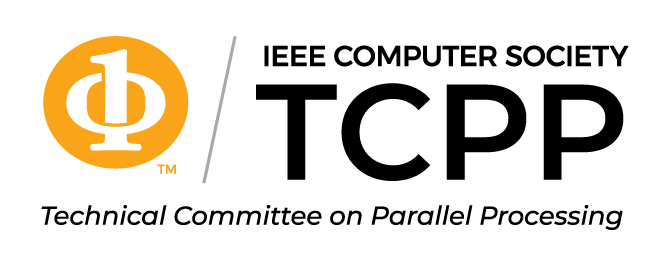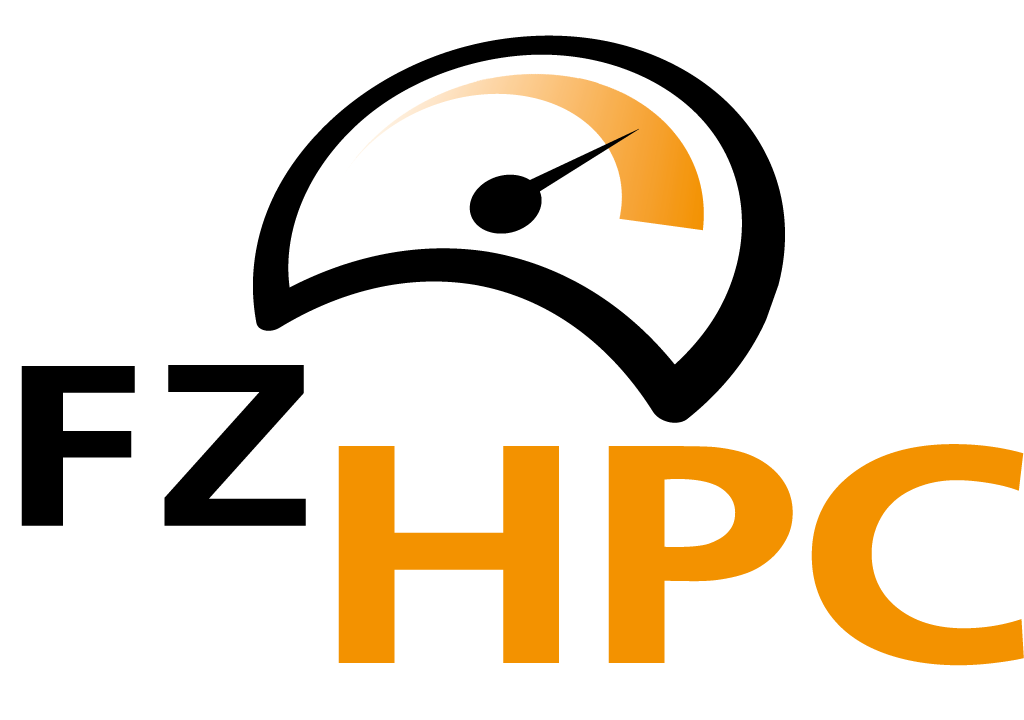Openness is a fundamental principle in science and scholarship. For many centuries, scientific results have been widely disseminated through publications, conferences and meetings so that they can be validated and used for new scientific results. Many scientific results depend on the analysis and interpretation of data and this trend is increasing today, with the ability to use computers to analyze huge amounts of data, new techniques like machine learning that allows new forms of analysis, and increasing amounts of data produced through experiments, simulations, and data collections. Clearly, to validate results and build new ones, the data used needs to be available to others in a meaningful fashion. To achieve this, the FAIR (findable, accessible, interoperable, reusable) guiding principles for scientific data management and stewardship have emerged in recentf years.
In addition to data being important, the scientific methods used to generate, organize, and analyze the data are nowadays often encoded in large, complex software packages. It is therefore often necessary not only to have access to data but also software and the FAIR principles should probably apply to software, too, though perhaps with some changes that reflect that software is different than data.
How to best achieve open research, including FAIRness in data (and software), is a big topic in the scientific community and in addition, questions of reproducibility, ownership, protection of IP, and scientific attribution are complicating the discussion.
In this panel we will address these and other questions around Open Science with a world-leading panel.
Moderator
Daniel S. Katz, University of Illinois Urbana-Champaign
Panelists
Christine L. Borgman, University of California, LA
Luke Drury, Dublin Institute for Advanced Studies
Carole Goble, University of Manchester
Karel Luyben, European Open Science Cloud (EOSC)
Victoria Rampin, New York University



